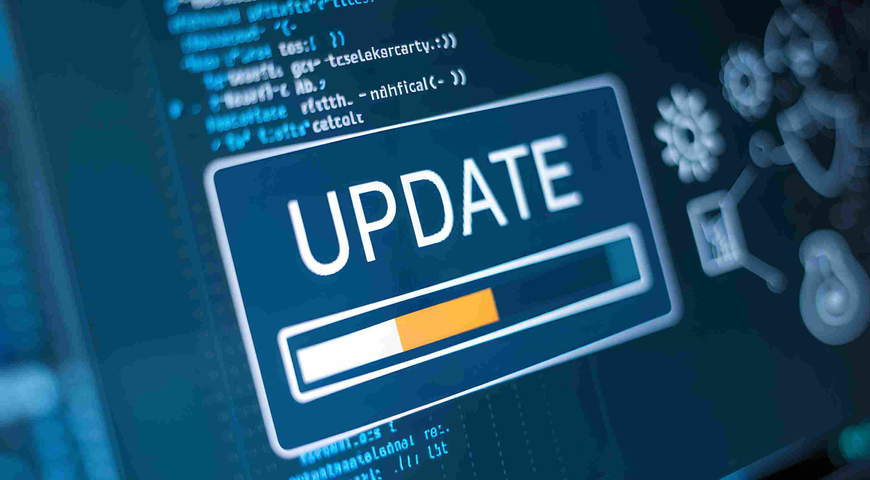Most small business owners know that servers crash and Mother Nature unexpectedly strikes, but do they back up their data just in case? Sadly, no. The typical small business owner, it turns out, spends more time changing passwords or organizing their desks than they do backing up data, according to new research. But when the inevitable hard drive failure or server crash occurs, the results can be dire.
Data backup takes time and effort, but there's no reason to wait until it's too late. Here are five critical areas that every small business owner should prioritize to protect valuable bits and bytes of information:
1. Start at the Top: Hard Drive Data
While the data files on a company hard drive are the most obvious place to start, it's not always obvious which files should be saved or where. To answer those questions, small business owners need to think about which files are essential for their business to function. Does the company rely heavily on financial transaction data, such as checks and credit card payment information? Is intellectual property, including product design specs, video or media files the top priority? Start with the most essential files, and work your way down the list.
Struggling to prioritize the information that you couldn't live without? Image-based backup technologies and the cloud allow businesses to protect all of their information quickly and easily. These technologies are affordable, so you no longer have to pick and choose the information you can — and can't — live without.
2. Installation and Configuration Files: Less Obvious — But As Important
In addition to database files, it’s essential to back up installation and configuration files. These launch and run the applications you rely on every day. You'll especially want a replacement for any proprietary applications or custom software. If you lose database files and need to restore them, any saved files you have will be useless without their original application.
3. Back up Physical and Virtual Servers to Simplify Recovery
Small companies typically run multiple servers, and more than two-thirds are now using virtualized servers. Server virtualization allows companies to take one physical server and run several operating systems and applications on it. It's highly flexible, decreases costs and makes backup and disaster recovery easier, among other benefits. Seventy-one percent of companies using server virtualization reported improved disaster preparedness, according to the Symantec™ 2012 Disaster Preparedness Survey.
4. Don't Forget Mobile Devices
Small and medium-sized businesses must contend with the rise of "bring your own device" (BYOD). IT analyst firm Gartner predicts that more than one-third of companies will require employees to supply their own devices at work. To protect against data loss and to help with security in case of a lost of stolen device, start by establishing a disaster recovery plan that includes personal electronics. Also, consider virtual desktop services that keep data on your servers instead of your employees' devices.
5. The First Place Customers Look: Your Website
Your website is your business' front door, and it's risky to trust your hosting company to back up your site. Make sure you know your hosting site’s policy about data backup, its recover procedures and how it protects your customers' data. Consider backing up your site locally, or using a backup provider to protect your website data and customer information. A hybrid onsite and offsite backup strategy provides flexibility, security and protection.
Chances are, the amount of data your company must manage will only increase, so ensure you're covered before disaster strikes.
About Acronis
A Swiss company founded in Singapore in 2003, Acronis has 15 offices worldwide and employees in 50+ countries. Acronis Cyber Protect Cloud is available in 26 languages in 150 countries and is used by over 21,000 service providers to protect over 750,000 businesses.



